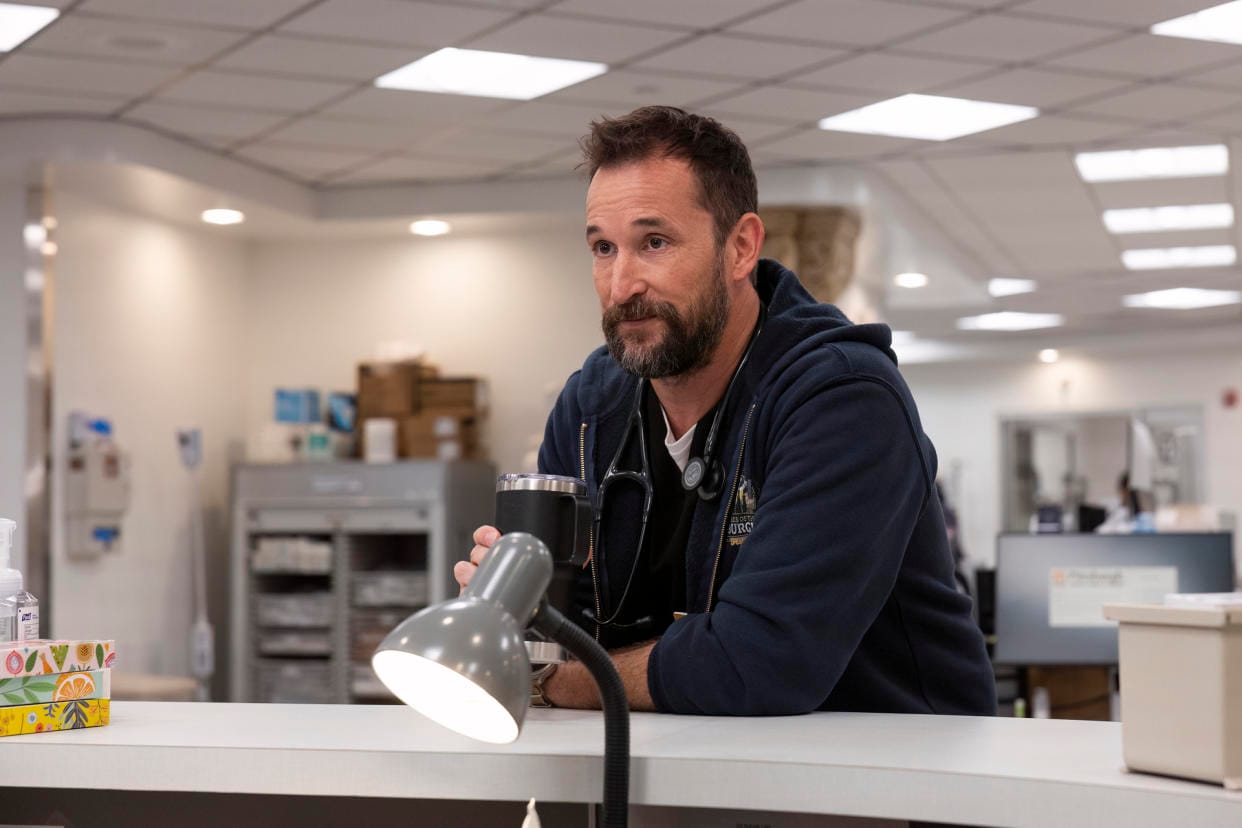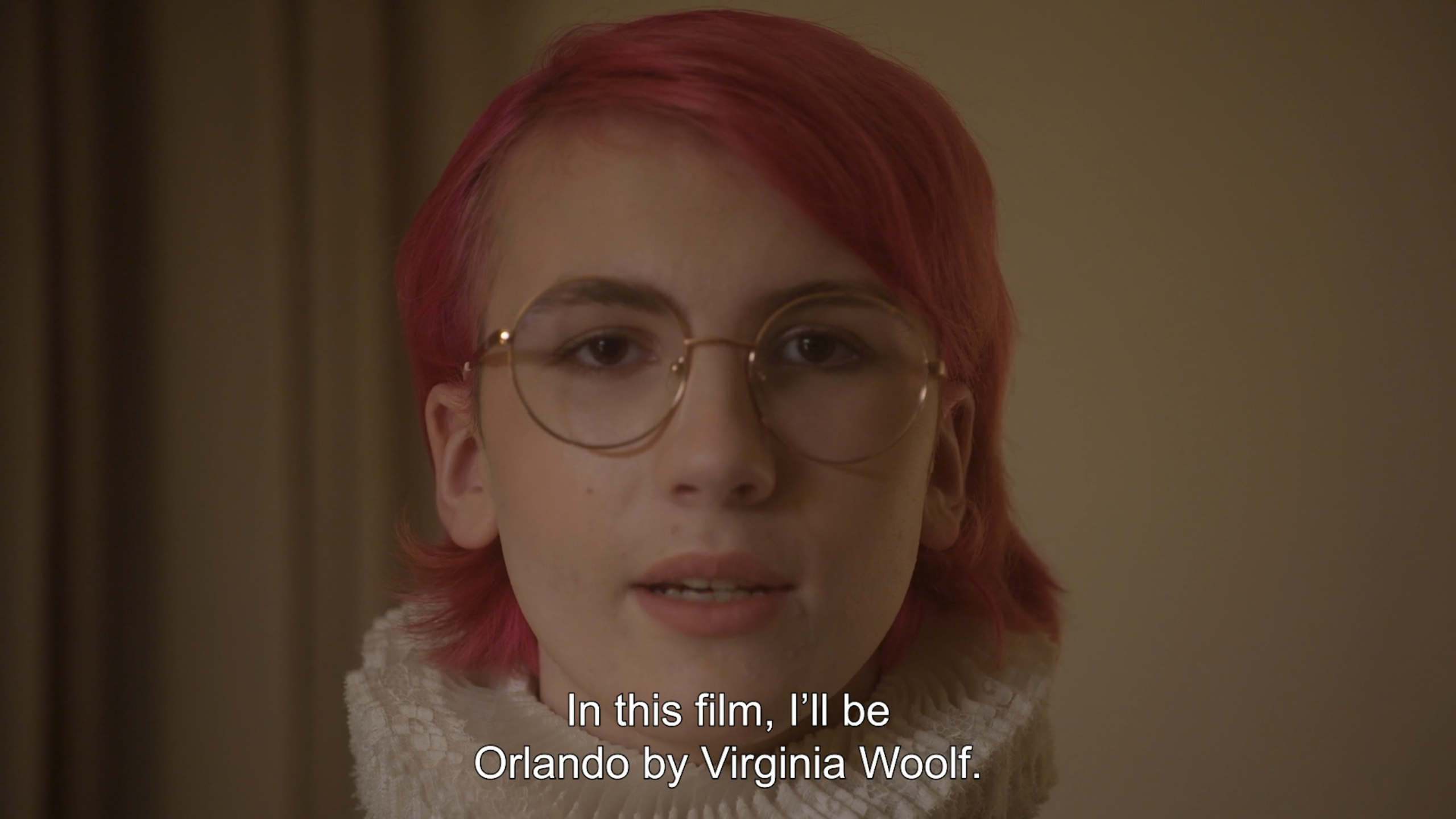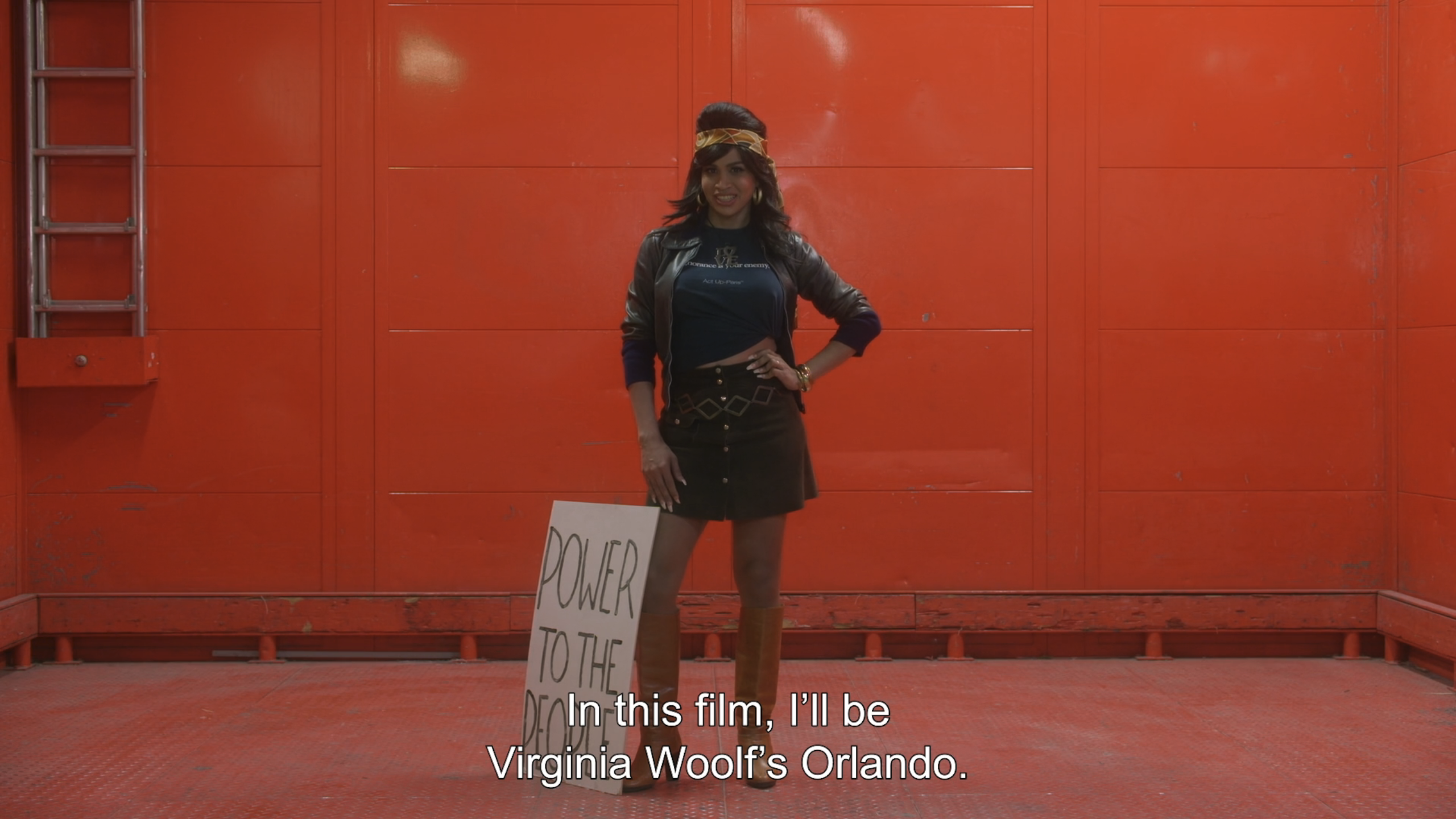Remember when you’d walk into a local music, book, or video store and there’d be an adorable section where the employees would recommend what they were interested in that month?
Welcome to our little version of it, called Remap Recommends.
At the end of every month, we have an edition of Remap Recommends focused on video games. But in the middle of the month, we'll have an edition focused on...everything else. It's a chance for the staff at Remap to let you know what they've been reading, listening to, or watching.
Patrick Recommends: The Pitt

I'm not a medical drama person. Or, at least, I never thought of myself that way? I remember seeing endless commercials for ER growing up and I knew shows like Grey's Anatomy were incredibly popular, but I mostly wrote them off. I briefly considered watching House because one of the actors grew up near me, but I was not the target audience for Max's The Pitt, which is clearly aimed at old ER heads.
But...fuckin' hell, man, The Pitt is great. Set during a single shift in the emergency department of a Pittsburgh hospital, each episode covers a single hour in that shift. 24 made a whole meal out of that concept ages go, but it was a meal where you kept getting not just seconds—but thirds and fourths and fifths. The Pitt uses this conceit in a highly contained environment, letting us track the ups (and many downs) of different medical cases over time. They are treated less like puzzle boxes to be solved than the natural unfolding of trying to identify and solve a problem.
The show is, often, a little on the nose about its problems with the medical system, as its main character (Dr. Robby) snappily outlines the many, many exploitations and weaknesses in the medical system. But he's also right? And the rest of the show is so good that it just ends up putting a smile on my face? The medical system does suck in the United States and there are heroes in those buildings, but you can praise the people doing great work while pointing out the system sucks.
Anyway, great show. My wife and I try to get the kids to bed early to watch it.
Rob Recommends: Severance, Season 2

Obvious? Yes. But this second season of Severance is doing a terrific job dealing with some of the hard parts of this kind of show: continuing to advance the story while necessarily tackling the fact that the premise is no longer quite as mysterious. Mind you, baffling things still happen with regularity! But the first season got to proceed fairly sedately while keeping us guessing about what some of the unique terminology used by the show’s twee-ly menacing megacorp Lumon really meant. Now, the white collar prisoners of the Severed Floor are far less naive about their situation, and Adam Scott’s character Mark is increasingly pulling at the show’s mysteries from both ends.
This is where lots of shows stumble, because explaining mysteries is rarely as satisfying as laying them out. Especially when resolving a mystery or a plot point means characters’ place in the story should change or vanish entirely. When this really misfires, you can end up with shows where it feels like answers are being made up on the fly while telling you that “your plot resolution is in another castle.” So far, the second season of Severance has felt as unsettling and alien as the first, but also like the story is picking up speed rather than applying the brakes in an attempt to prolong the ensemble’s status quo.
It helps that I don’t think explanations is what Severance is using to keep people watching. Rather, it remains a show where we wonder at our heroes’ and villains’ motivations, and whether the dark neurological magic used to divide characters’ psyches actually creates different people within a single body, or if it places the same person in different contexts, and what’s going to happen now that the boundaries are breaking down.
Cado Recommends: Orlando, My Political Biography

I wasn’t prepared for Orlando, My Political Biography. When my metamour invited me over to watch this movie as part of their birthday celebration I thought “great, I enjoyed that Tilda Swinton movie, sounds like a fun time!” And while that movie is great, it’s a story where the gender transformation of the titular Orlando from man to woman is more or less fully accepted by the people that surround Orlando. The transformation is mainly used as a way to contrast the ways men and women were treated differently through this one character; even Orlando herself hardly spends more than a brief moment contemplating the magical seemingly overnight change.
These two movies differ in a lot of ways. For one, Orlando, My Political Biography is not an adaptation of that Virgina Woolf novel. One part documentary, one part manifesto, Orlando is the work of Paul B. Preciado, a trans writer and philosopher. It’s structured around 26 different trans and genderqueer people who compare their own personal journeys to the story in the Woolf novel. Each time a new person appears on film they introduce themselves and state that they are “playing the role of "Virginia Woolf’s Orlando.”

Each person acts out parts of the Orlando story, reciting from the novel and donning a neck ruff to mark them as “an Orlando,” while otherwise being dressed as their normal everyday selves. Each rendition is woven together with interviews of the same trans people discussing the material and political struggles they go through on a daily basis. It’s an arresting flow of poetry and politics, the personal presented in a way that captures not just the intimate and ever changing construction of the Self, but does so within the context of the material realities of having identities and bodies that are constantly under threat from society at large.
It’s been a particularly difficult year so far as a trans person in the United States. I’ve got it better than most by living in a state that affords me access to care and support with as few barriers as possible, but since the election I’ve had to have serious discussions about whether or not we might need to leave the country at a moment’s notice. In this headspace, I wasn’t sure as Orlando started up if I would find it all too much, the wound too fresh, the nerve too raw for me to go poking around in these kinds of discussions.

In the 1992 film the moment of transformation is a blip, but in Orlando, that moment is forever. That moment is in fact several moments, a continuum of change and reinvention, of a constantly shifting political landscape, and an ever evolving personal one. It’s also ultimately a joyful one. It can be easy to fall into despair in moments like our current one, and no one would blame you for it. But Orlando thankfully focuses all of the political and emotional energies of its narratives into a spearhead of hope and defiance. It reminded me that for as alienating as it can be to exist as a queer person, as a trans person, that I’m not alone. For as long as recorded history we know queer people have existed, and we will continue to exist. And while that's something that I knew intellectually, it can be so hard to really feel when you’re in fight or flight mode.
This movie is a beautiful philosophical yet material exploration of just some of the trans experiences that exist, ranging from people in their adolescence to people in the twilight of their life. It was a balm to see trans people happy, defiant, living. I wasn’t prepared for Orlando, My Political Biography, but I am grateful it came to me when it did.
